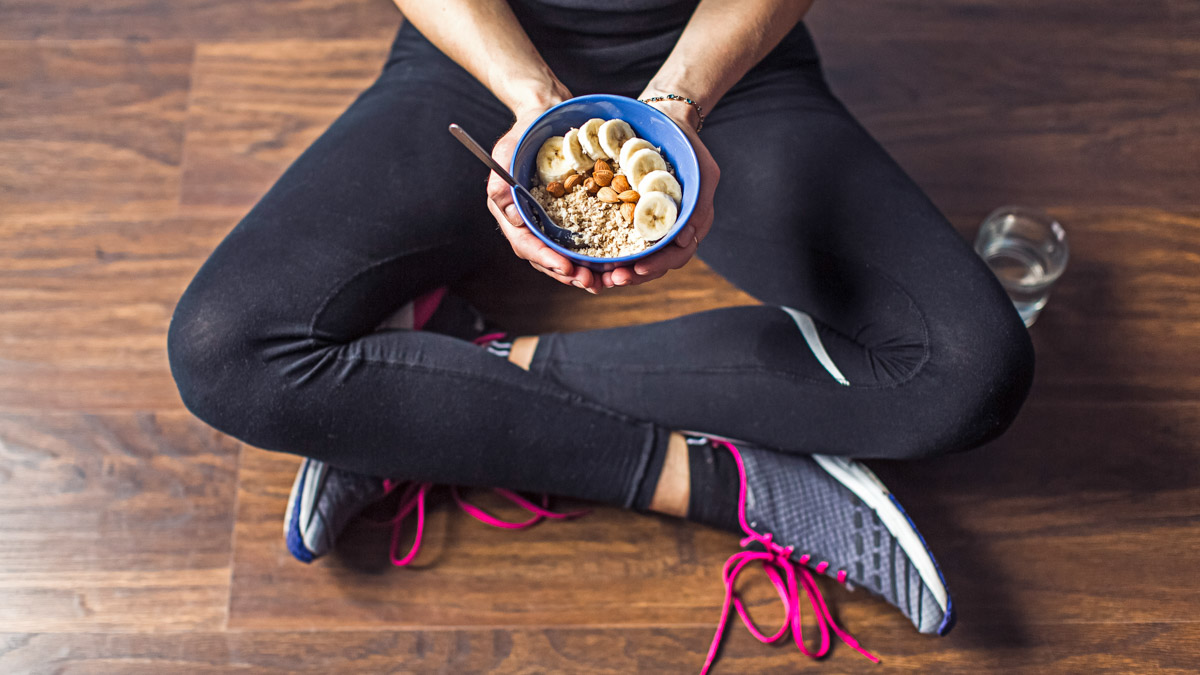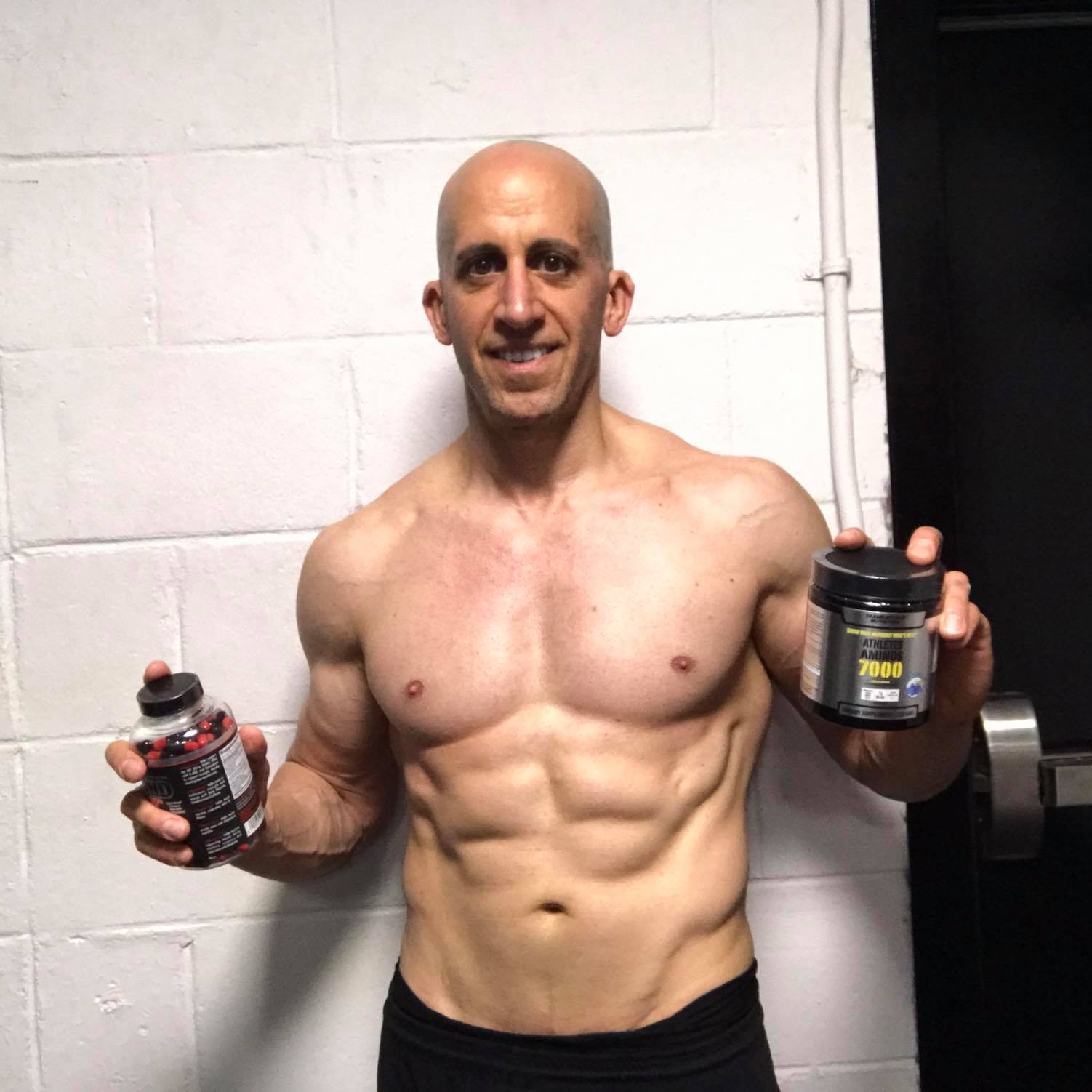Whether your goals are to improve performance, improve recovery and/or improve body composition, carbohydrates are going to be a huge assist. And this is exactly why athletes need carbohydrates.
What Are Carbohydrates?
Carbohydrates are a great source of fuel/energy/calories for the body. Complex carbohydrates (such as bread, pasta, rice, potatoes) help to provide constant, stable energy. This is because they are slower to digest (when compared to simple carbohydrates). When the body needs energy, glycogen (glycogen is a form of glucose that is stored in the muscles and in the liver) is called upon as an energy source. This is why carbohydrates and glycogen go hand in hand. Carbohydrates are stored as glycogen and therefore, if carbohydrate intake is low, glycogen stores are low. And when glycogen stores are low, energy levels are low.
Building Muscle
Yes, that’s right, carbohydrates are essential for building muscle. I have heard many athletes say, ‘I don’t want to build muscle, I’ll get too big.’ Yes, you do want to build muscle and no, you won’t get too big. There is still a misconception that building muscle means building size/mass. The only way you are going to put on size/mass is to consume way too many calories and/or take anabolic agents such as steroids or SARMS. Don’t do either of those and you won’t put on any size/mass. Now, back to building muscle. Carbohydrates help to assist in preventing muscle breakdown. In addition, carbohydrates assist in post-workout muscle recovery and this goes back to reloading those glycogen stores.
When Should My Athletes Consume Carbohydrates?
The short answer is, all-day. Seriously, all day. Keep in mind, the goal is not to feed the body, rather, the goal is to fuel the body. For now, let’s focus on the before-during-after training. According to the Strength & Conditioning Journal, carbohydrate ingestion immediately prior (≤5 minutes) to exercise can result in improvements, especially if an individual has not eaten for extended periods (e.g., overnight fast). Carbohydrate consumption during exercise increases the availability of carbohydrate to working muscle fibers, which can have a positive influence on endurance performance as well as intermittent high-intensity performance. Ingesting carbohydrates, either in liquid or solid form shortly after training or competition, is crucial to maximizing muscle glycogen recovery. Timing is critical. If carbohydrates are ingested within 30 minutes or so after exercise, enhanced glucose uptake occurs.
How Much Carbohydrates?
According to the United States Anti-Doping Agency, athletes should consume 3-12g carbohydrates per kilogram of body weight all throughout the day. It’s also good to look at this as a percentage in regards to macronutrients and aim for a goal of 50% Carbohydrate, 25% Protein, 25% Fat at each meal/snack.
Prior to exercise, it’s recommended to consume fuel three hours prior to your workout and consuming 1-2g carbohydrate per kilogram of body weight. I’d also recommend taking in fuel (+/- 30g carbohydrate) almost immediately (within 15-minutes) of the workout. During a workout, it’s key we keep our foot on the gas and keep the carbohydrates flowing. Consuming 30-60g carbohydrate during training can help to assist in maintaining blood glucose levels and optimize glucose uptake. After your workout, as mentioned above, refueling the body immediately is key. Consume 1-1.5g carbohydrate per kilogram of body weight.
Sources
Carbohydrates, Physical Training, and Sports Performance
Why You Need Carbs To Build Muscle



